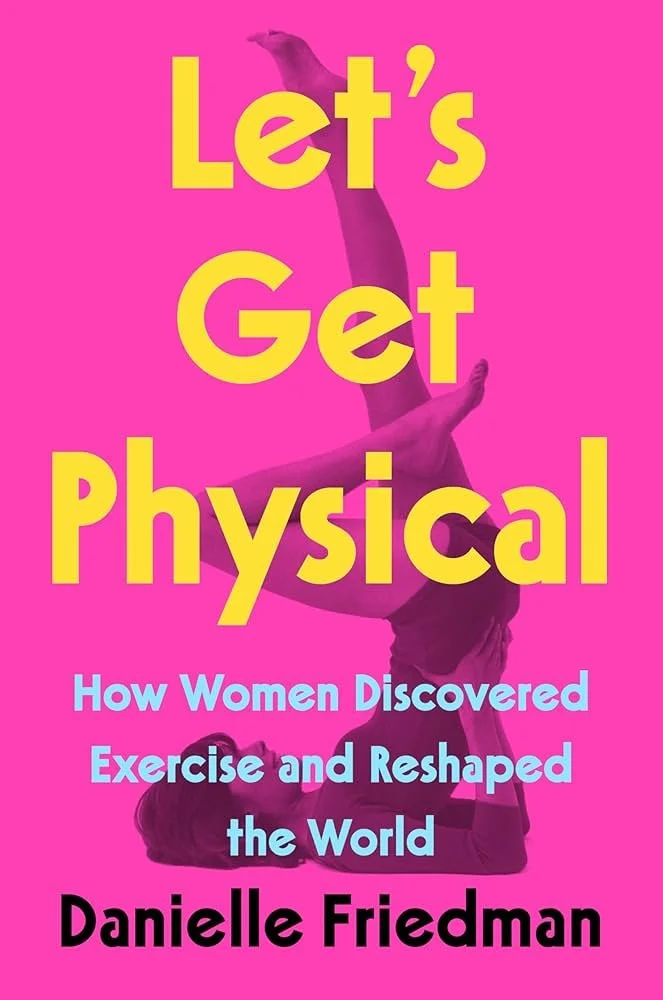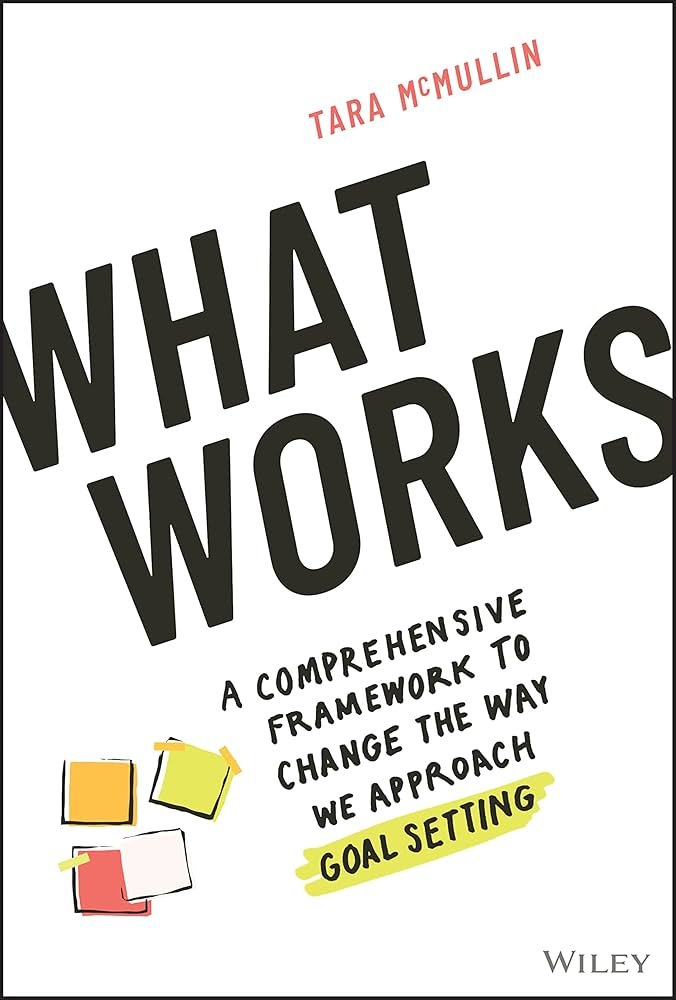Self-Help, LLC
Are we all in the self-help business now?
SELF-HELP, LLC
☞
SELF-HELP, LLC ☞
Self-Help, LLC is an 8-part series exploring how our lives and work are shaped by media aiming to help us grow, improve, and optimize ourselves. Drawing on media studies, sociology, feminist theory, critical entrepreneurship, the series exposes how norms around self-improvement must be interrogated and deconstructed.
The series is presented both in podcast and essay form. Read or listen, it’s up to you!
“Self-help, as a medium, takes on a particular grammar, aesthetic, and tone. And those characteristics saturate almost all of the media we consume today…”
Part I
How Advice Culture Turns
Us Into Winners & Losers
Self-help is more than a category of books, talks, and motivational posters. It’s a medium through which we understand the world as a training ground for those who want to become winners. It’s a form that mediates class, status, and privilege, transforming them into results and consequences rather than sociopolitical systems. The first installment of Self-Help, LLC explores the message central to the medium.
“She’s The Perfect Woman in the form of a business or a brand.
She’s everything we’re supposed to be in order to be socially acceptable—white, thin, pretty, straight, cis, able-bodied, uber-positive, and smiley… [She] is what our culture insists women embody and a business blueprint that leverages privilege to create authority over other women.”
—Kelly Diels, Writer & Strategist
Part II
“She Looks Like an Instagram”
How Empowerment Became a Brand
When it comes to the model women of empowerment and confidence, there is a pervasive aesthetic. It’s a carefully cultivated look and feel of wealth, an inconspicuous conspicuousness, a façade just unpolished enough to feel (mostly) real. Writer and strategist Kelly Diels calls this the Female Lifestyle Empowerment Brand—and its an aesthetic (visual, verbal, and vibey) that’s been woven into the medium of self-help since its inception.
“I got really stuck on this question: how can these people be experts in managing a career when it looks like they’ve struggled themselves very recently?”
—Patrick Sheehan
Ethnographer & Sociologist
Part III
What Makes an Expert an Expert
When sociologist Patrick Sheehan started attending career seminars to study how laid-off workers prepared for their next chapter, he noticed that rather than learning new skills, attendees heard career coaches talk about mindset and motivation. The paper he wrote on his findings examined how these coaches gained the authority and trust others put in them—even as they lacked traditional credentials or (often) experience. The third installment of Self-Help, LLC features a conversation with Sheehan and analysis that applies his findings to the self-help medium more broadly.
“For as much as we reveal through sharing this content, it’s only a tiny fraction of who we are... We don’t share to be seen as who we are—but as who we hope others will believe us to be.”
Part IV
Why Self-Knowledge is So Shareable
If you’re into personality quizzes and want to know your “type” in every system on the planet, you’re in good company. Not only is the quest for self-knowledge extremely popular, but it also makes for great content. There’s a whole genre of social media accounts dedicated to clever, funny, self-effacing, and educational posts based on MBTI, astrology, StrengthsFinder, and the Enneagram. The fourth installment asks why and features a conversation with Stephanie Barron Hall, the founder of NineTypes.Co.
“Brands leverage the rhetoric of the image to transmit messages about who we can be, what we will want, and how we will look once we’ve collected the necessary products.”
Part V
How Influencers Change The Way We See Ourselves
Influencers don’t merely shape trends. They shape our identities—including who we aspire to be. What we buy, what goals we set, even our moral calculus can be molded by the spectacle they create. In the fifth installment, writer Sara Petersen offers a look at the world of momfluencers and reflects on how they impact the moms (and others) in their audiences.
“This is the ultimate
double-bind of the
self-help paradigm.
You learn how the system works and behave accordingly. Then, when things don’t go how you were told they would, you don’t get what you want… you get blamed for doing precisely what you thought you were supposed to do.”
Part VI
What Does Power Sound Like?
How we communicate is a major part of our identities. For millennia, the communication of power had a specific tone in the Western world—deep, clear, and male. We learn to equate power—as well as confidence, intelligence, and morality—with a stereotypically white male voice. Part of self-help for women, BIPOC, and queer people becomes sounding like they’ve somehow transformed themselves into the white male ideal. In this sixth installment, Samara Bay, a dialect coach and author of Permission to Speak, unpacks how self-help culture influences our very voices.
“It’s impossible to talk about self-discipline, accountability, or efficiency without those concepts leaving their marks on our flesh.”
Part VII
Self-Control, Surveillance, and
The Body at Work
Part of becoming a woman (as Beauvoir put it) is learning to control and manipulate your body. There are a plethora of ways to do this—beauty routines, skincare regimes, fitness programs, wellness protocols—but at the end of the day, it’s all a form of self-help. In the seventh installment, Jessica DeFino, Tiffany Ima, and India Tizol (Jackson) shed light on the myriad ways self-help influences the bodies we inhabit.
“Hustle culture gives us the impression that any way we can supercharge our ability to produce during paid hours is financially valuable.
We channel effort into exercise, meditation, food preparation, and even sex to maximize our productivity when it really counts. Our availability and capacity for paid work turn our off time into unpaid work.”
Part VIII
Hustle Culture: How Did We Get Here?
And What Do We Do About It?
No exploration of self-help phenomena would be complete without a close look at Hustle Culture—the reification of productivity, optimization, and asceticism that has come to define the lifestyles of many millennials and Gen Zers. In the final installment, after a brief origin story of Hustle Culture, Jadah Sellner shares her own experience with hustling and how she’s doing things differently now.
Further Reading
If you purchase a book through one of these links, What Works may earn a small commission.
Self-Help, Inc. by Micki McGee
This book provided the intellectual foundation for the Self-Help, LLC series. McGee, a media studies scholar, examines the legacy of self-help messages and how they manifest in modern culture. Published in 2007, it offers a glimpse at self-help before Web 2.0, social media, or even the 2008 financial crisis. It may come as a surprise just how not new most of the current discourse about work, productivity, and power is.
This is a dense and scholarly book, but it’s readable and worth the time if you’re looking for a comprehensive breakdown on the culture and business of self-help.
Interviews
Samara Bay
author of Permission to Speak
Kelly Diels
writer, strategist, culture maker
Patrick Sheehan
ethnographer & sociologist
Jadah Sellner
author of She Builds
Indie Tizol (Jackson)
brand strategist & consultant
Sara Petersen
author of Momfluenced
Stephanie Barron Hall
founder of NineTypes Co
Tiffany Ima
body confidence coach & influencer
Jessica Defino
beauty reporter & critic


















